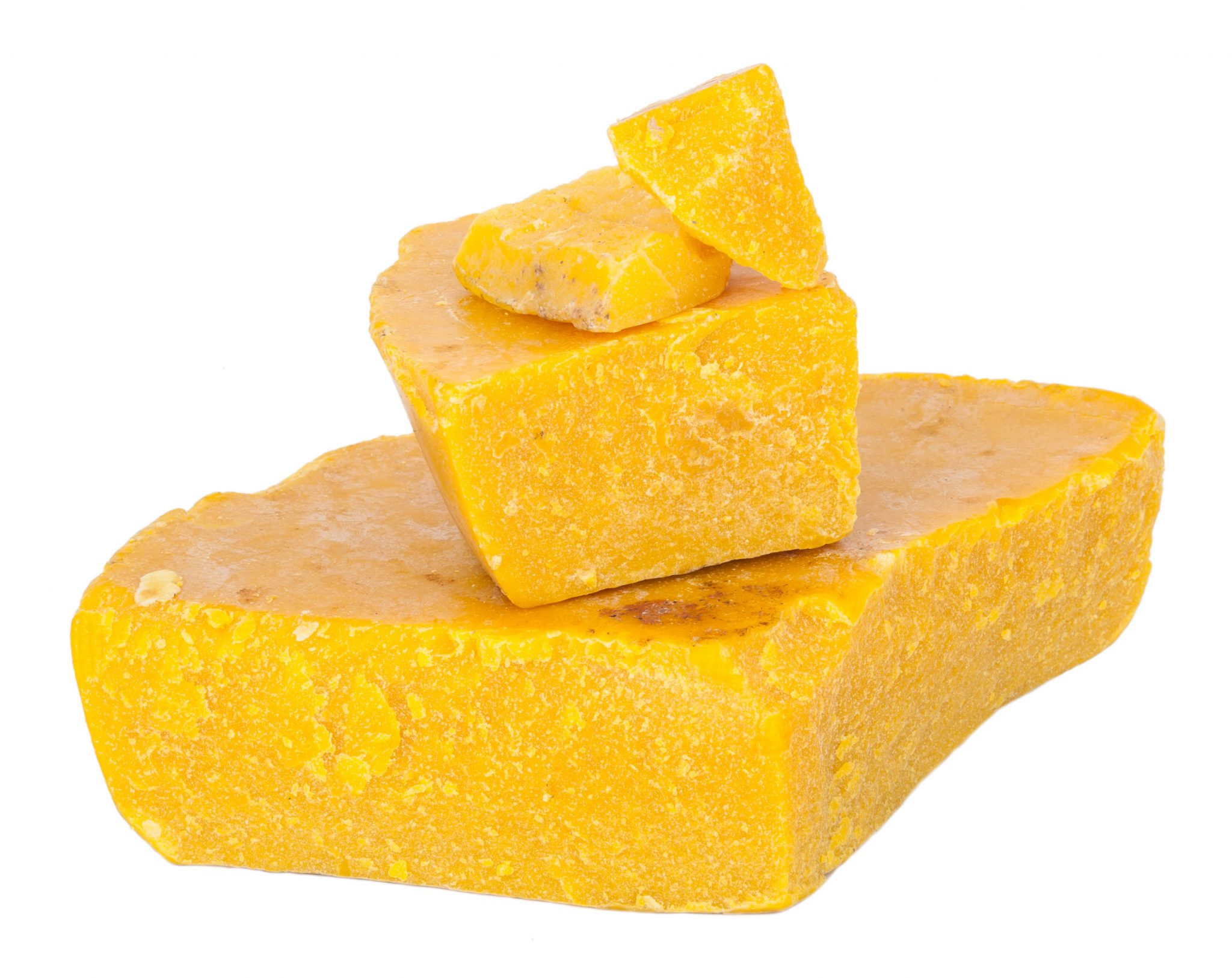For many vegans, bee products are a difficult subject. While some vegans believe that ethically sourced, locally manufactured bee-derived items are acceptable, others believe that bee products are animal-derived and hence are not vegan. Whatever your position on bee goods, keep in mind that the harvesting of bee products may include rough handling of the bees, and it’s impossible to tell which bee products are genuinely ethically produced. To make matters even more complicated, those of us who are devoted to utilising natural beauty products are finding that beeswax-based products have flooded the green beauty industry, notably in lip and mascara products. Fortunately, there are beeswax substitutes available, so you don’t have to sacrifice your beliefs to get a good product.
Some substitutes include candelilla wax, carnauba wax, soy wax, bayberry wax and synthetic beeswax and plant oils.
Table of Contents
1. Candelilla wax
Candelilla wax is a low-cost oil found in polishes, lip glosses, and hand creams. It is native to northern Mexico and the southwestern United States. Because candelilla wax is so thick, one unit is about equal to two units of beeswax, making it a wise choice for individuals looking to make DIY items on a budget.
2. Sustainably-harvested carnauba wax
Carnauba wax, derived from Brazilian palm trees, is a popular beeswax substitute in natural cosmetics. In vegan mascaras from Beauty Without Cruelty and Lily Lolo, carnauba wax replaces beeswax.
3. Soy wax
Soy wax is used as a substitute for beeswax in candles and lip balm. There are a few things to keep in mind when it comes to soy: To begin with, at least 93 percent of soy is genetically modified (GMO), so seek non-GMO soy. Further, several “soy candles” are basically soy mixes including paraffin, a petroleum industry by-product and a non-renewable resource. Both The Coye Candle Co. and Pacifica Perfumes sell 100% soy candles.
4. Bayberry wax
Bayberry wax is made by boiling the berries of the wax myrtle bush and then skimming the vegetable wax from the water’s surface, making it a more costly alternative to beeswax. It’s ideal for candles because of its characteristic aromatic scent.
5. Synthetic beeswax
Synthetic beeswax is a combination of esters that closely resembles beeswax. Synthetic beeswax has a “particularly low danger” rating from the Environmental Working Group, however there is insufficient safety research on it. In its best-selling Better Than Sex Mascara, cruelty-free brand Too Faced Cosmetics uses synthetic beeswax; nevertheless, the mascara also includes paraffin, which is a deal-breaker for individuals who reject petroleum products for ecological reasons.
6. Plant oils
If you’re seeking a rich moisturiser, go no further than the world of plant oils. There’s no lack of skin-soothing oils, from the olive oil in your kitchen to that bottle of pure argan oil at the luxury cosmetic shop. Try French Girl Organics Lip Tint if you want a bee-free lip balm, or Gressa Lip Boost if you want a fuller consistency. Pelle Beauty Luxe Beauty Balm, a bee-free, petroleum-free balm, can help very dry skin (elbows, knees, and knuckles).
Here is the video on alternative of Beeswax
